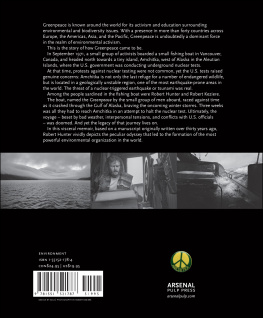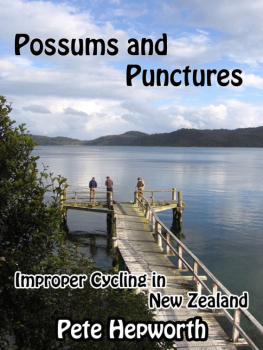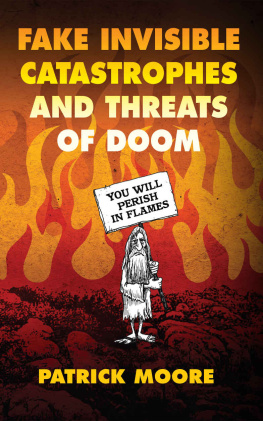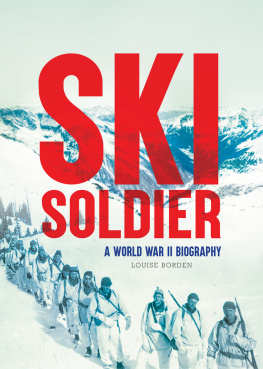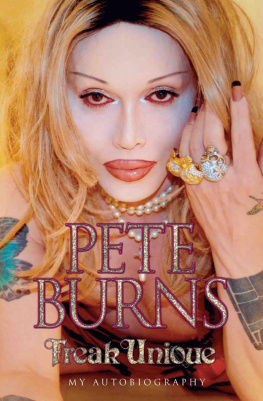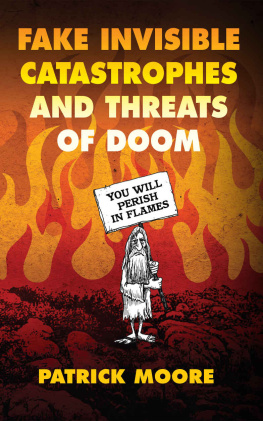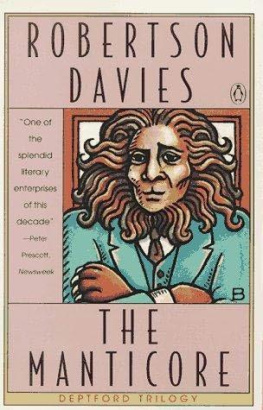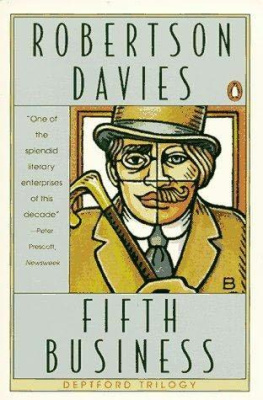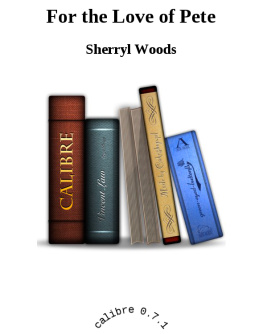For
Gaye Wilkinson,
Emily May Wilkinson and
Amy Rose Wilkinson
My loves, my life and my light
Preamble
This book started life when I decided to transcribe the diaries I had kept during each of the Greenpeace Antarctic expeditions in which I was involved between the years of 1985 and 1992. After the death of my mother in 2004 I realised that I had little to hand on to my children, born in 1996 and 2000, to give them a sense of family, lineage, history or continuity. The previously transcribed diaries became the body of work around which the book was built: I decided it would be helpful to preface the diaries with an explanation of how I came to be in the Antarctic. That exercise in itself demanded a fuller explanation of events which occupied the UK branch of the organisation which had sent me to the ends of the earth and how I came to have been selected to lead the expeditions. The incongruity of a former south-London lorry driver leading Antarctic expeditions itself demanded a look even further back into my past: at my family, its working class roots and my own path through childhood, school, adolescence, the 60s and the world of revolutionary events in those momentous years which sowed the seeds from which grew the counter-culture that today is such a familiar and comfortable part of the political furniture.
Then I decided that, having begun at the very beginning, I should at least try to end the book as close as I could to the present. The book soon became a tome which recorded my life from Deptford roots to Antarctica and then back again to the post-Greenpeace world which I now inhabit, and in which I still try to keep alive the flame of environmental activism at which we were passably successful in the 80s. That tome has been edited many times into the book before you now. It was written for my children, but I trust a much wider audience will find in engaging and insightful. If it does nothing else, I hope it gives the reader a smile or two.
It is strange how the years pass like the flickering of a film at the back of your head and how things that were present and immediate recede through the intervention of time between the event and the new now. After a few days, the memories remain vibrant, fresh and vivid; after a few months, they wane a little and eventually merge into the general bank of memories which form the past and which arrive, unbeckoned, or which have to be specially excavated. At least, thats how I imagine things to be, but I still have memories which keep me awake at night, which come to me in three-dimensional, stand-out, in-your-face reality, which sweep away mere trifles such as sleep and which cast me back 30 years. Often, Im back, having agreed to go on one last Antarctic trip and I wake after various nocturnal escapades involving the crazy, loveable people with whom I worked, full of anxiety, excitement and uncertainty about the trip ahead: can I really go through another three months of ship-based freneticism, sea-sickness and ennui? Will my constitution be able to withstand the onslaught of emotional highs and lows which inevitably accompany such an enterprise which will take us to the other side of the world and then a further 2000 miles across the unpredictable Southern Ocean to what was known for centuries as Terra Incognita the unknown land? These feelings are as real to me now as they were 30 years ago.
Well, I did those trips in 1985, 1986, 1987, 1988, 1989, 1990 and 1992 and I did them voluntarily while apparently sane. They formed a period of my life which stands out like a beacon of not only successful campaigning we forced the Antarctic Treaty nations to agree to a mining ban for 50 years and a World Park status for an entire continent but also of personal satisfaction in that I met and worked with people who remain lifelong friends, despite the fact that they are mostly dotted all over the world and we meet only on rare occasions. It was also, for a working class boy from Deptford, the pinnacle of a life into which I fell years previously, thanks to my old card-playing mentor, travel companion and all-round rock-solid friend John Morton, when I read the Environmental Handbook he casually tossed to me across the room.
The circumstances which led me to the steps of an aircraft on a cold October day in 1985, bound for New Zealand and the Antarctic, were extraordinary enough and as I sat on that plane on the Heathrow tarmac preparing for the next chapter in this roller-coaster ride to unfold, I looked back on a period which saw my rise and fall within an organisation to which I gave my heart and soul only to be sidelined as the new, post-Rainbow-Warrior-sinking organisation emerged from its awkward and ungainly carapace into the gaudy creature of notoriety, celebrity and wealth. Just as Blairs New Labour turned an honourable extension of working class hegemony into a parody of the Tories, so Greenpeace seems to have transformed itself into a troupe of theatrical activists, undertaking heroic demonstrations parading as direct actions which to me appear devoid of imagination and barren of vision and inspiration. This is my interpretation of the organisation as I see it today. It may be a jaundiced, even an erroneous view. But this impression is likely to be the same as that of the average member of the public, who does perhaps register the actions Greenpeace undertakes but has no real yardstick by which to gauge what their policies are, what they are attempting to achieve and, crucially, how successful or otherwise they are at their job. I am left with a sadness that such power and influence as Greenpeace once had pretentions to wield and which it aspired to over the last twenty years can have been frittered away, that the legacy handed on to those who came after the Warrior sinking could apparently be so casually thrown to the winds. My mum was a good touchstone of what ordinary people thought of things. Not long before she died, she asked me, That Green-whatever-it-was you started years ago with that American (she was referring to McTaggart who was in fact Canadian), has it packed up? You never hear of it any more do you?
On a rare bus trip to the West End of London to participate in the London Schools Games, circa 1957...
We kids crammed against the window of the number 188 bus as it turned into the Strand. There! THERE!! It was true! Allcock and Nobles. There is a shop called Allcock and Nobles! If ever eleven year-olds needed something by which to recall their childhood in later years, it was a shop named after the unmentionables of a boys undercarriage. Thanks you Messrs Allcock and Nobles for having the wit or the innocence to go into business together.
Introduction
Bulge babies the generation of lucky gits
The political and social background to the decade which gave rise to the plethora of what might be termed modern pressure and splinter groups began, for most of those involved, in the post-war years of the 50s and 60s. To this day, I find it hard to believe that when I was born in 1946, Europe was still in ruins, Hitler had only been dead for little more than a year and the task of rebuilding Britain, let alone the rest of Europe and the far-flung reaches of the world, had not even begun. The radioactive fall-out from the Hiroshima and Nagasaki bombs was still circling the planet in the jet-stream.
But something else had begun even before minds were turned to regeneration: the arms race. The bomb which has been credited with forcing Japan to capitulate became the prize which transformed one-time allies, embracing each other across the battlefield, into post-war belligerents, hungry for the ability to annihilate each other and the rest of the world in the process.
Babyboomers as were called reflecting the boom there was in births within a year of the second world war ending and the troops coming home to welcoming wives have lived, and do live, with war; from Suez to Iraq, from Afghanistan to Libya and we continue to pursue foreign policies which invite an Anglophobia, surely be the most burdensome legacy we leave our childrens children. But boomers, while rightly envied for living lives in which most never donned a uniform or took up arms in anger, were nonetheless subjected to a form of psychological terror from the belief that WW3 was inevitable.
Next page

